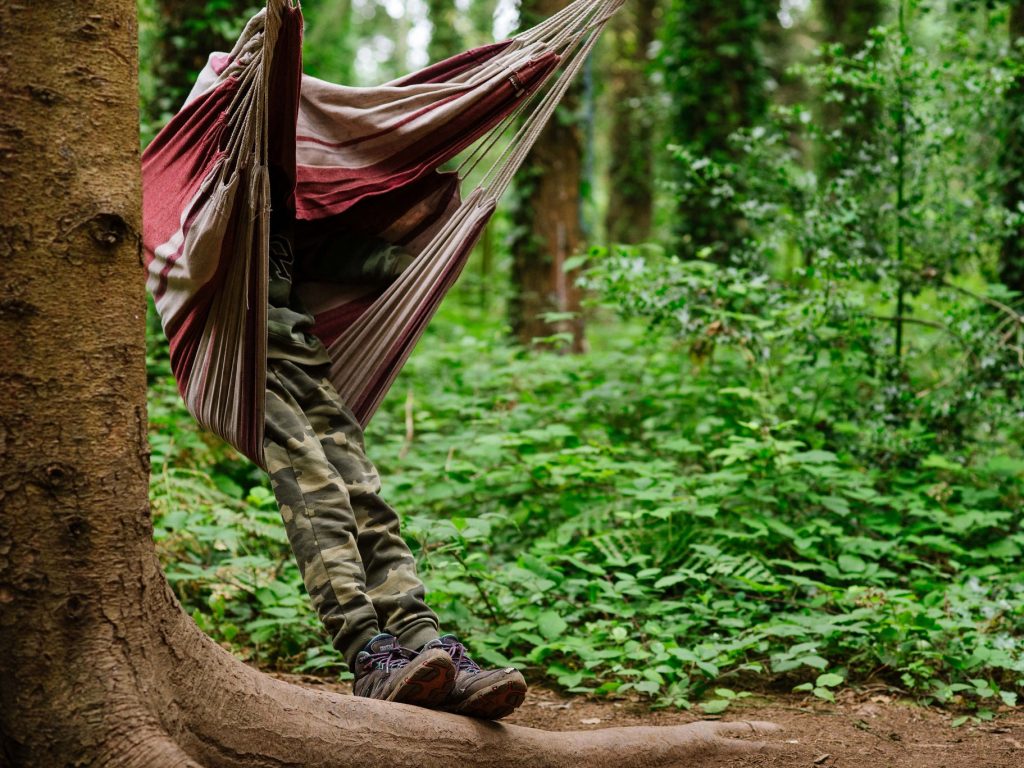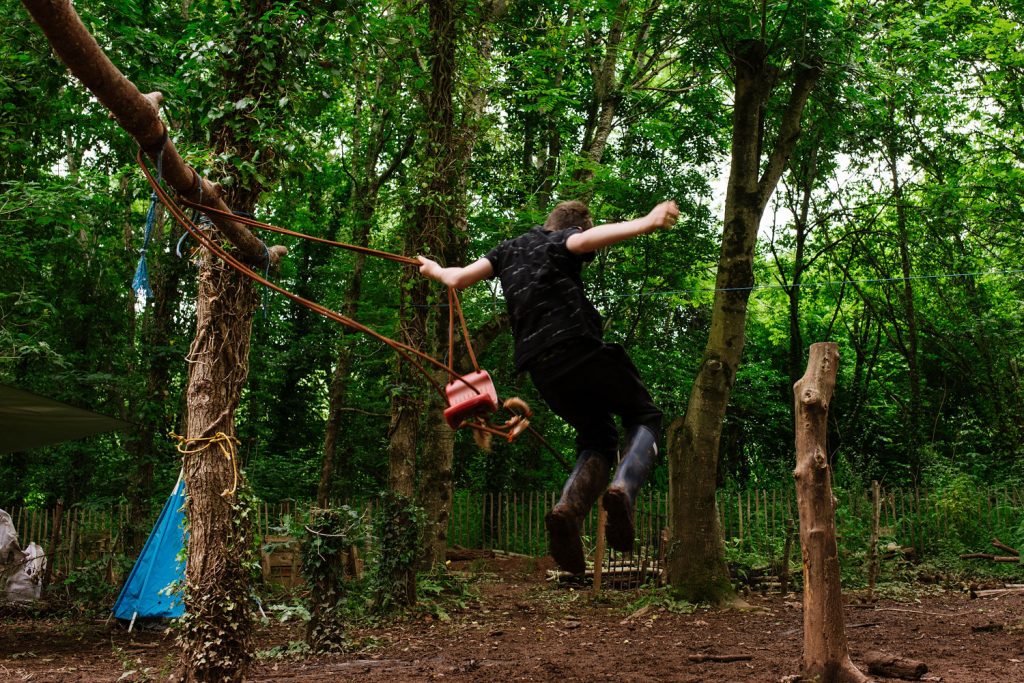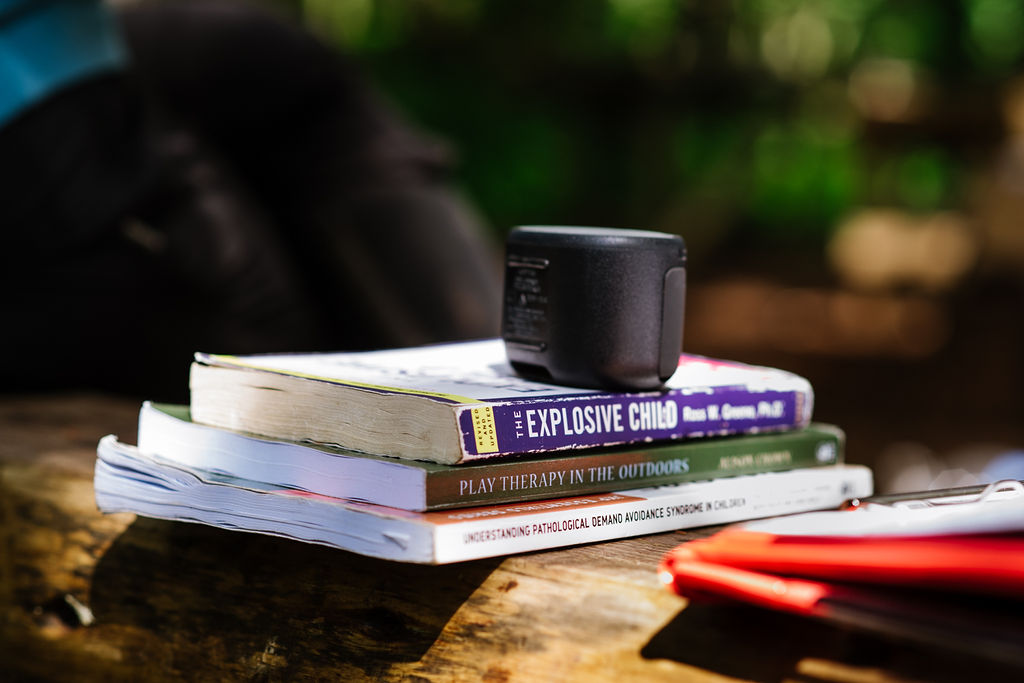
I have a keen interest in etymology, semantics, and all things linguistic related. As a bona fide bookworm and aspiring writer, I know the power of a well-constructed sentence or of certain words to evoke a certain response, to engage and to challenge the reader. Over the last 20 years, language has continued to evolve and adapt as our society and culture has changed beyond recognition. From the light hearted addition of ‘txt spk’ words into dictionaries to the more serious side of things as we begin to reflect on the origins of certain words, their power to hurt and assess what is no longer appropriate to use.
Know Better, Do Better
A particularly relevant area of language for us at The Outdoors Group (TOG) is that concerning neurodiverse children and adults. This is a confusing world full of acronyms and as more research and time is afforded this area, there have been some major shifts in the language we use. To hark back to my school era in the late 1990’s, we would have lumped anyone who wasn’t neuro-typical into the ‘special needs’ or ‘learning disability’ category. I’d argue that this language is massively reductive and frankly, insulting. Many adults with autism do not consider themselves to have a disability and to use language that indicates that they do is simply unacceptable. There has to be more nuance, more distinctions and more understanding.

Defining Autism
The definition of autism has changed over the decades and could change in future years as we understand more. As science discovers diverse genes linked to autism and numerous ways the brain can be differently wired for individuals with autism, there are likely to be new medical terms and definitions. The voice of the autism community has developed into a social movement to challenge the terms for disability such as ‘disorder’ and to raise our social and cultural awareness. Within the autism community, how people self-identify themselves is more important than the medical labels used by professionals. This is why, here at TOG, we have chosen to stop using the medical diagnostic term Autism Spectrum Disorder (ASD) and we now use the more widely accepted Autism Spectrum Condition (ASC).
A Condition, not a Disorder
Autism Spectrum Condition (ASC) is used as an inclusive term to describe autism as a difference not a deficit or disorder. Autism Spectrum Condition (ASC) is a term widely used instead of ASD by the National Autism Society, Ambitious about Autism, and the Autism Education Trust.
Autism is not an illness. The AET approaches autism as a different way of being rather than as a ‘deficient’ or ‘disordered’ way of being. Being autistic does not mean you have an illness or disease. It means your brain works in a different way from other people. Autism is not a medical condition with treatments or a cure. Autism is a processing difference that can have an impact on many areas of a person’s life.
The Autism Education Trust
Leading The Way
Recently, we’ve been having an internal discussion about which terminology and language we should be using to make sure we are the most inclusive, accessible and accepting company that we can be. We’ve discussed the difference between neurodiverse (an inclusive term approach to thinking differently. It’s used in the context of inclusive practice or in disability law to promote and include the diversity of thinking differently. Neurodiversity applies to education, health, workplace, and wider society) and neurodivergent (a person-centred approach. This term is often used by the autism community to self-describe themselves as neurologically different to the ‘neuro-typical’ norms of human development.).
Two of our values at TOG are to ’empower growth’ and ‘do the right thing’. We are a constantly growing and evolving company, passionate about what we do and part of our success is due to our ability to recognise when we’ve made mistakes, to rectify them and to make sure that going forward, we do it better. As we grow, we won’t always get things right but when so much of work is with neurodiverse children and young people, we know just how important it is to make sure we’re using the right language. That’s why we thought we’d explain why we use the terminology we do and to reassure you that we are constantly checking in with our peers in the field to make sure that we can proudly celebrate being a Neurodiverse Company! If you’ve got any questions about anything we’ve written or would like to discuss our approach, please don’t hesitate to get in touch.

Author: Collaboration between Seamo Teare (Inclusion Lead) and Hannah Durdin (Content Officer & Forest School Leader
Date: Tuesday 14th December
Copyright © Outdoors Group Ltd 2021. All Rights Reserved.
Registered Office: The Outdoors Group, Western Lodge, Crediton, Devon, EX17 3NH. Company number 10755829
Terms & Conditions / Website Terms / Privacy Policy / Sitemap / Built with ♥ by Solve